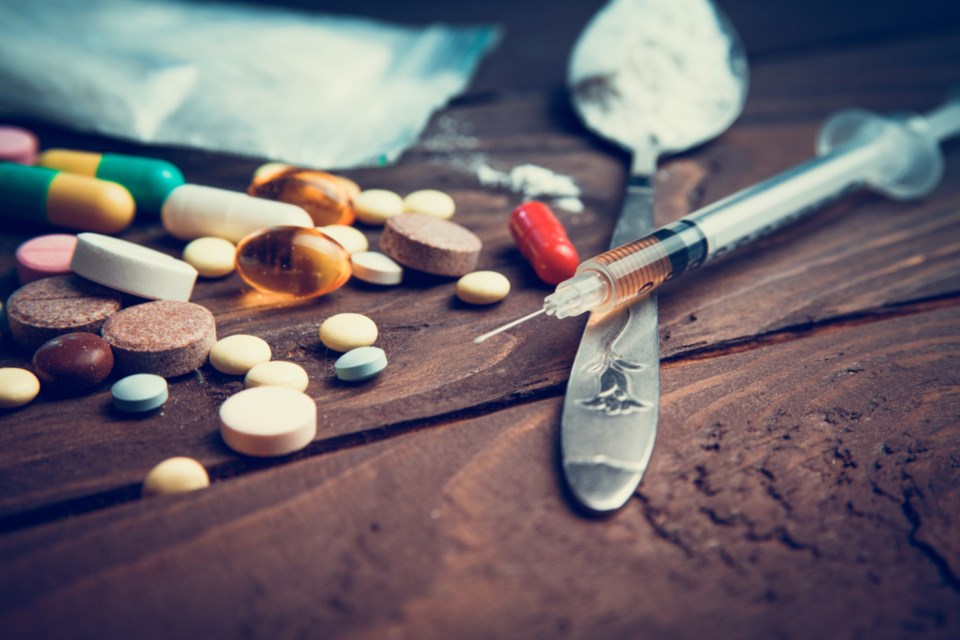There appears to be empathy and understanding in Sudbury for the position put forward earlier this week by The Canadian Association of Chiefs of Police (CACP) to recognize substance abuse as a public health issue and to endorse the decriminalization of personal possession of illicit drugs.
The CACP position has won widespread media attention across Canada since the 14-page report calling for decriminalizing "simple possession of illicit drugs" that was tabled at the annual CACP meeting held in Vancouver.
"We must adopt new and innovative approaches if we are going to disrupt the current trend of drug overdoses impacting communities across Canada. Merely arresting individuals for simple possession of illicit drugs has proven to be ineffective. Research from other countries who have boldly chosen to take a health -- rather than an enforcement-based -- approach to problematic drug use have demonstrated positive results," said the CACP report.
Greater Sudbury Police Service (GSPS) Insp. Dan Despatie -- speaking only as a member of GSPS --said he could understand the concern of the police chiefs adding it is something communities across Canada are struggling with.
"Most communities that I am aware of have established community drug strategies, with the four-pillar approach, that police are involved with. They take the harm reduction - treatment focus, as two of their pillars, as well as enforcement and health promotion," said Despatie.
"What we've done in the past as police clearly hasn't worked. Our approach to this illicit drug issue hasn't worked. It hasn't been good enough," he remarked.
Despatie said decriminalizing for personal possession is not a singular thing. He said it has to work in conjunction with other initiatives such as harm reduction, advocating for supervised consumption sites and-or advocating for safe supply of drugs.
The police see this as a new opportunity to make positive impacts said Despatie but it needs to be clear that police would still be cracking down on importers, makers and traffickers of illicit substances in the community. That's the enforcement pillar in the drug strategy, he said.
"Some may believe if you decriminalize, then it is just going to be free rein on illicit drugs in the community and that's not the intent of police. It's about taking our resources and focussing at the higher end of the spectrum and getting those importers and traffickers and doing that work in earnest," he explained.
Despatie also acknowledged that any new developments will take time, as it will require changes at the federal level with amendments being made to the Controlled Drugs and Substances Act (CDSA) in Parliament. But he said that too is not something that would happen in isolation.
"There's some things that need to be put in place. You need to have programs and treatment facilities that are up and running prior to the decriminalization.
There needs to be a pathway of care so that when the frontline officers are dealing with somebody who is using illicit substances, rather than making an arrest, that they are guiding him through to the path to those services."
